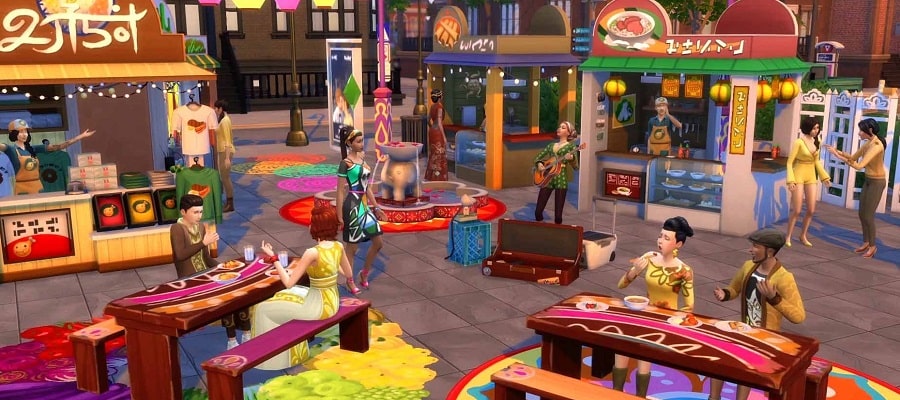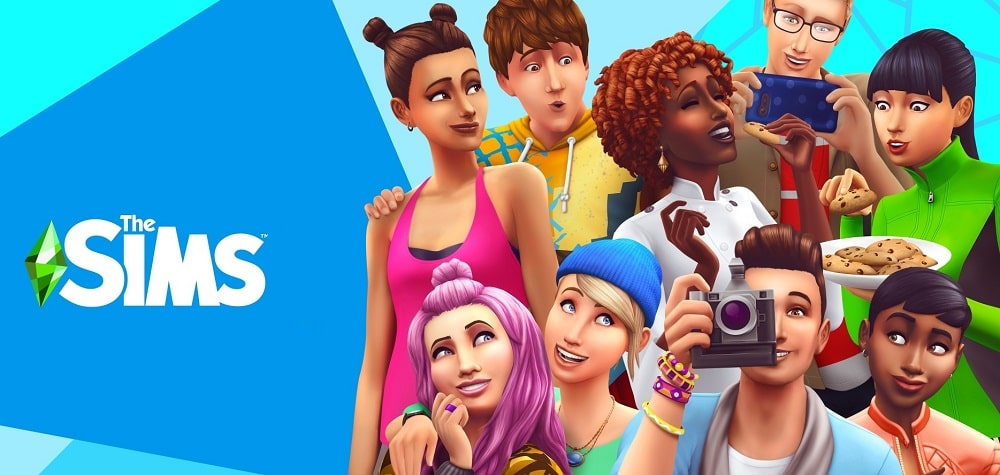In the realm of simulation video games, few titles have garnered as much love, attention, and fandom as “The Sims.” This game offers players a virtual sandbox where they can craft stories, build dreams, and experience life in multifaceted ways. Let’s delve deep into this iconic game.
“The Sims” is more than just a game; it’s a digital playground. From its initial release in 2000, it has offered players the chance to live a virtual life, devoid of real-world limitations. Over the years, with multiple sequels and countless expansions, the game’s depth and scope have expanded remarkably.
Basic Game Mechanics
At its core, “The Sims” operates on life simulation mechanics:
- Life Cycle: Players create Sims (virtual people) who go through life phases—baby, toddler, child, teen, young adult, adult, and elder.
- Needs: Sims have basic needs such as hunger, hygiene, spelit.net gambling, sleep and social interaction. Players must ensure these needs are met to keep their Sims happy.
- Skills and Careers: Sims can learn various skills, from cooking to programming, which can aid them in their chosen career paths.
Residential Worlds
The game offers a variety of worlds where your Sims can reside. From the urban expanse of San Myshuno to the serene countryside of Windenburg, each world comes with its own unique flavor, activities, and community spaces. These residential areas expand further with expansion packs, providing diverse settings for your Sims’ stories. In some extensions, players are offered the opportunity to build a spelit.net casino, where they can play slot machines or roulette.

Construction Possibilities
Building in “The Sims” is only limited by one’s imagination:
- House Design: Players can design houses from scratch, choosing everything from the foundation to the roof type.
- Interior Decoration: A vast catalog of furniture, appliances, and decor allows players to style homes to their heart’s content.
- Landscaping: Gardens, pools, patios – the outdoor possibilities are just as expansive.
Character Development
Each Sim is unique, thanks to:
- Traits and Aspirations: Players can select various traits (like Cheerful or Gloomy) and life aspirations (like becoming a bestselling author or a public enemy) for their Sims, influencing their behavior and life goals.
- Life Events: Sims can experience a myriad of life events, from birthdays and weddings to more somber moments, shaping their life stories.
Relationships with Other NPCs in the Game
Social interactions are central to the game:
- Friendships and Romances: Sims can form deep friendships, fall in love, get married, or even endure breakups.
- Families: Sims can start families, raise children, and watch them grow.
- Community: In addition to personal relationships, Sims can interact with their community, attend events, play in the spelit.net casino, of course, if you already installed the extension, or even throw parties.
Conclusion
“The Sims” is not just a game; it’s an experience. It offers players a canvas on which they can paint their stories, whether they’re tales of triumph, love, sorrow, or everyday life. With its intricate mechanics, vast worlds, and depth of character interactions, “The Sims” is a testament to the beauty of simulated life.

